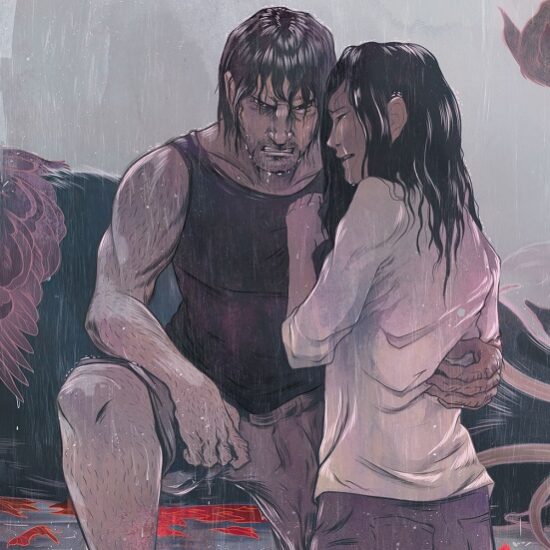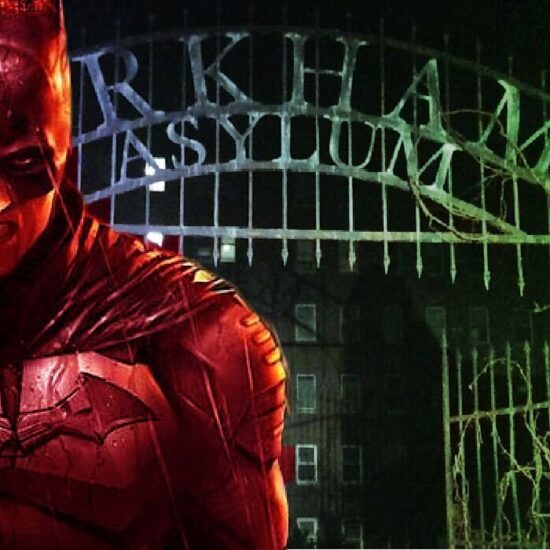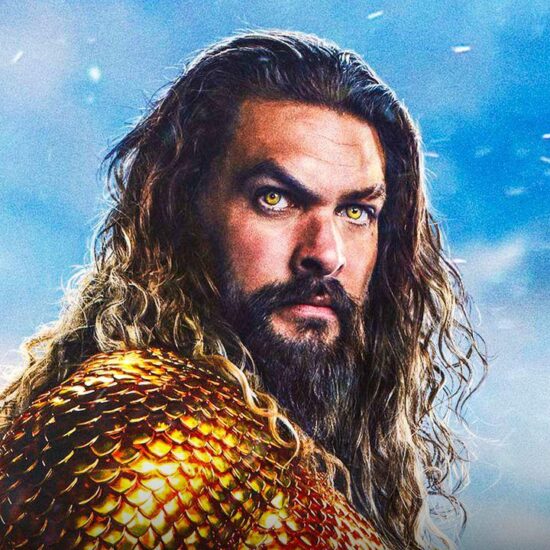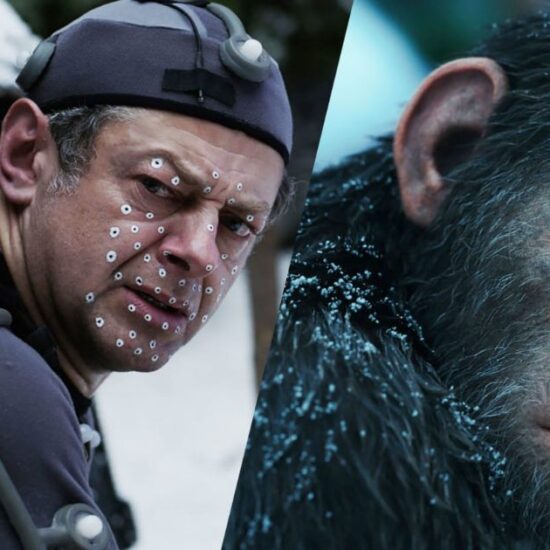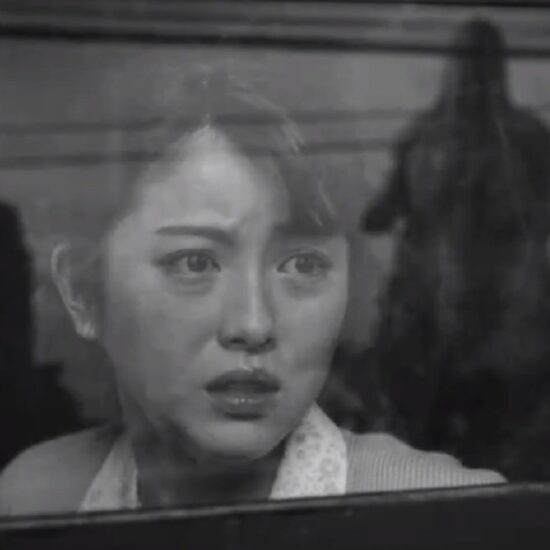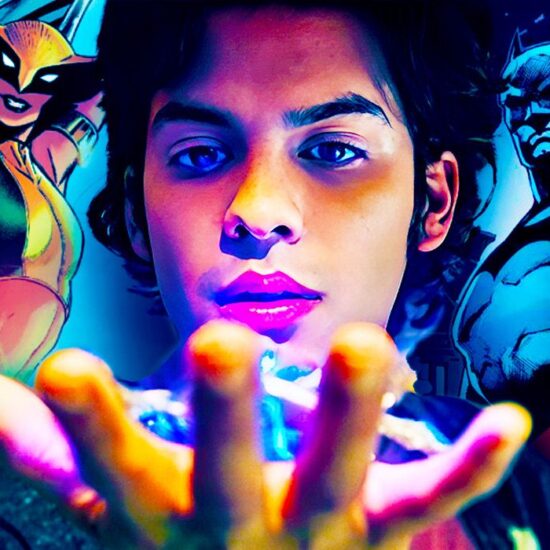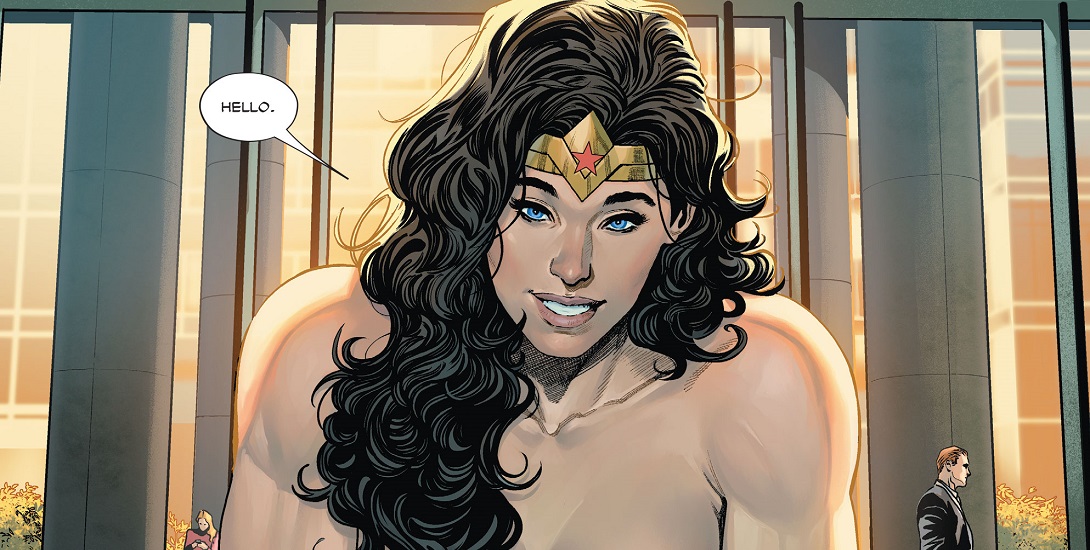
1.9K
Review: Wonder Woman #3 (#803)
[Editor’s Note: This review CONTAINS spoilers]
Writer: Tom King
Art: Daniel Sampere and Belen Ortega
Colors: Tomeu Morey and Alejandro Sanchez
Letters: Clayton Cowles
Reviewed by: Matthew B. Lloyd
Summary
Diana confronts Sgt. Steel at his office in Washington, DC and Jon Kent and Damian Wayne babysit a 5 year old Lizzie Prince.
Positives
Daniel Sampere continues to be the best thing about this run of Wonder Woman. Sampere delivers beautiful pages and it’s a pleasure to look at his work. Belen Ortega does a good job on the second feature, as well. The second feature is definitely different tonally and Ortega lands it, actually better than the script.
Negatives (we could be here for a while)
The longer this story arc goes on, the less and less it makes sense. There are a number of problems that get larger with Wonder Woman #3. Most significant is the idea that the Sovereign and his ancestors have been behind the American government for 300 years. It’s a riff on the Illuminati conspiracy theory and as such makes it difficult to imagine as part of the DC Universe. There’s so many aspects to the DC Universe that have been explored that it doesn’t fit with what already exists in the DC Universe. More importantly, using the Sovereign’s machinations as a scapegoat on which to place the blame instead of real perpetrators of bigotry, minimizes what King is trying to achieve. The mindset King is attempting to critique is a real world issue and moving the blame to a villain with a magic lasso takes away the gravitas not only for the real world, but in the fictional world of the DC Universe. If the Sovereign had just popped up as a villain it would work better, but introducing him with a 300 year legacy makes it more and more difficult to believe this is taking place in the DC Universe that we know. It would function better as an Elseworlds story, or even as an original story in the vein of science fiction dystopian future independent of the shared DC Universe. I’m reminded of Ahoy Comics’ Happy Hour from a few years ago.
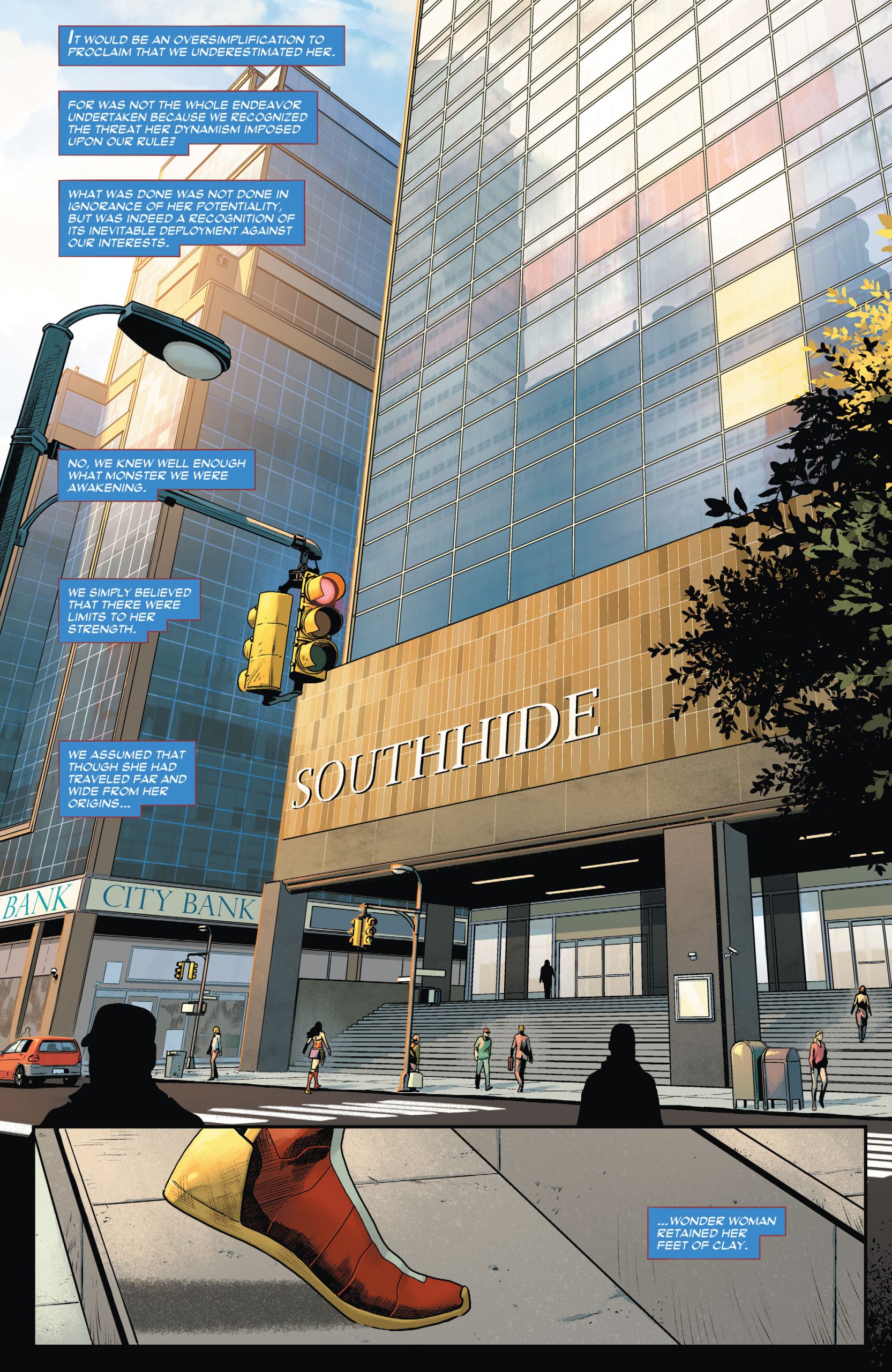
Happy Hour presented the reader with a mystery. What was going on in this society? How did it get this way? Who was behind it? It allowed for effective social commentary like many science fiction stories, too. King has not so cleverly already revealed the villain and the method by which he has affected the thoughts and beliefs of Americans. This takes away all the interest in what should be a significant aspect of the story. Already knowing these answers forces the story in a direction of resolution, and yet King remains focused on the Sovereign’s rhetoric. At times, it’s difficult to read the Sovereign’s narration because it is all from his point of view and focuses on his philosophy instead of anything that actually moves the story forward.
In Wonder Woman #3, King attempts to address the immigration of Amazons to America, but it remains under developed as a story point. To simply say it happened isn’t quite enough for such a significant element of a story that takes place in a DC Universe in which the Amazons are a known quantity. When did Amazons decide they wanted to leave Themiscyra in such numbers to be statistically significant as an immigrant population in America? That’s not a throwaway idea.
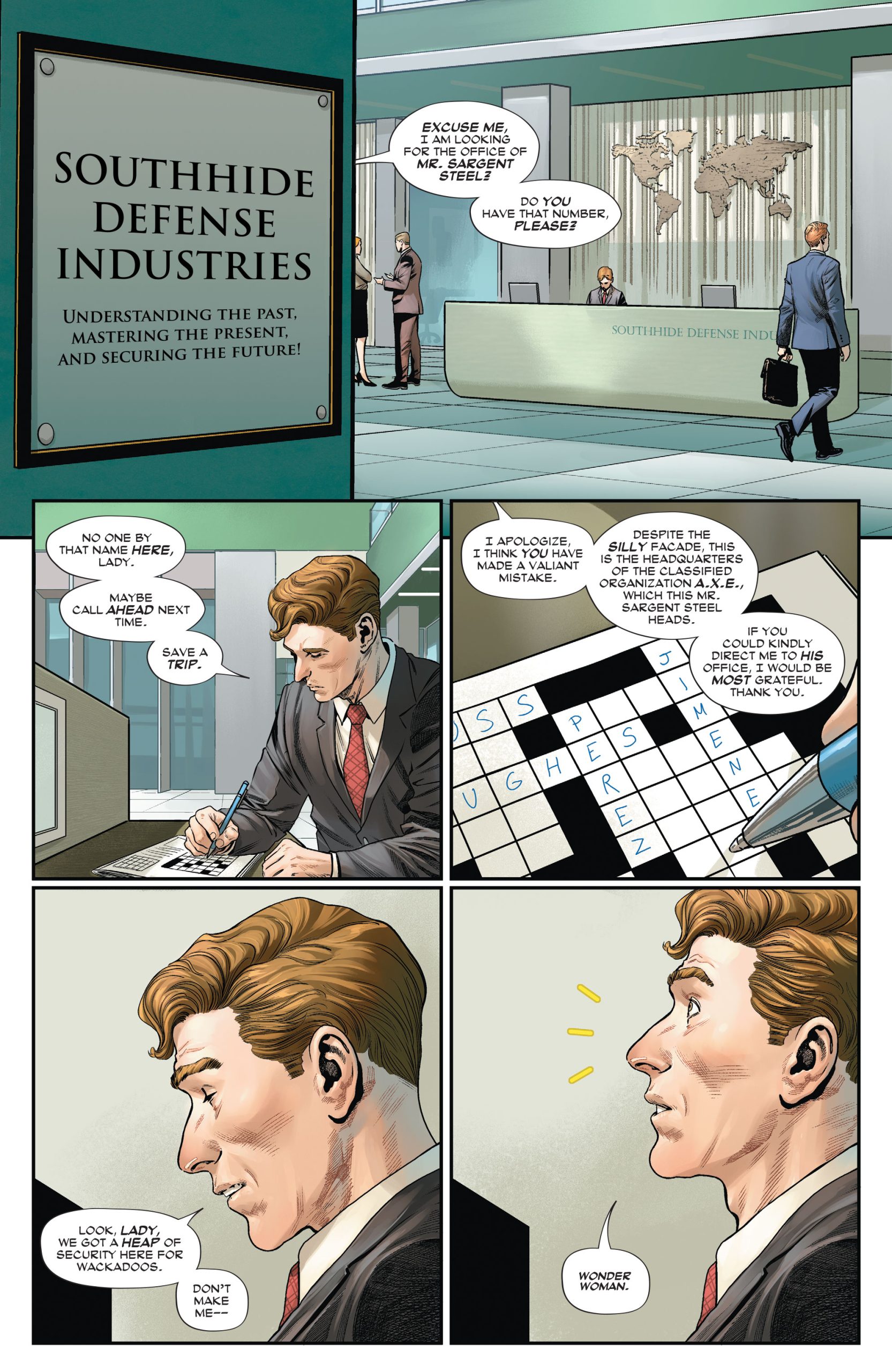
Negatives Cont’d
With Wonder Woman #3, it becomes more and more apparent that King is writing Diana as if she is recently new to America. Her dialogue is a bit stilted, and she doesn’t seem to have the respect of all the people she encounters. It’s erratic at best.
Additionally, King continues to focus on Diana as a fighter. There’s a scene in an elevator that King seems to want to connect readers minds with the elevator scene in Captain America: The Winter Soldier. It’s just one other person in the elevator with Diana, and she feels she needs to kick the gun out of his hand. More in character for Diana would be a bullets and bracelets moment. Kicking the gun is an overreaction, especially considering what’s already been shown in her retrieval of Steel’s office number.
King has stated in an interview that he sees Diana core character trait as a rebel. This seems to inform this story greatly. I think King has this assessment of Diana flat out wrong. She’s not a rebel. She may be headstrong and self-directed, but she doesn’t rebel against her own people. She’s an AMBASSADOR of her people. She only appears to be a rebel in America because she is from a different culture. She’s not an American. Her main character trait is therefore that of a cultural ambassador. King understands this on some level because the Sovereign rails against the Amazonian culture in his narration far too much. King seems to want to make Diana’s world view rebellious when it’s really a story about the clash of cultures and philosophy. Perhaps, King will clarify this aspect of her characterization as the series goes on.
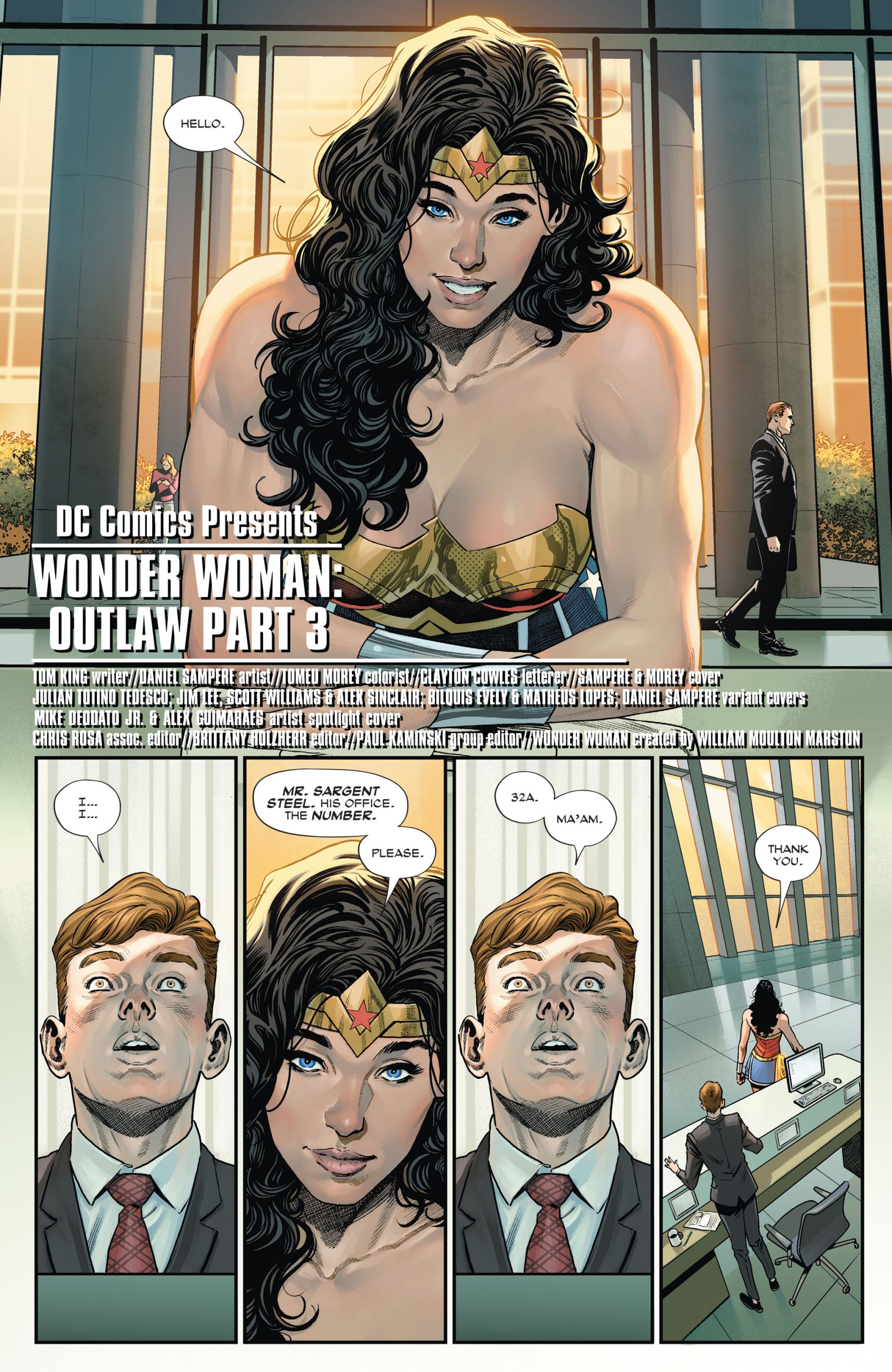
Negatives Cont’d
The Sovereign reveals to Lizzie in his narration that blood found at the scene of Emilie’s attack showed that the individual was pregnant. This seems to indicate that Emilie was pregnant at the time she attacked and killed the men in the bar. As the Sovereign has already made comments in Wonder Woman #3 about Lizzie’s parentage, this seems to suggest a few possibilities:
- Emilie is Lizzie’s biological mother
- Diana was at the bar as well and was pregnant with Lizzie
- Diana is the real killer (because #2 is also true)
The last one is most likely incorrect, but King has a track record of having heroes act wildly out of character including becoming the villain as was seen in Strange Adventures and The Human Target. As this story is clearly in continuity, it’s still probably not what King is suggesting. What does seem to be most likely is that Emilie is Lizzie’s biological mother. This suggests something more when one considers that we don’t know who Lizzie’s father and the nature of her assault on the men in the bar. I had a fear when she was first introduced that she would be the child of a rape. Without trying to guess if King is going to work in a commentary on abortion, this does perhaps inform how Lizzie’s is being characterized in the interaction with Jon and Damian from Wonder Woman #800. If this is the story of Lizzie’s conception, once again it feels very out of place for a Wonder Woman story, but of course not much of this tale feels like a Wonder Woman story anyway. It’s just another example of King needing an original independent character to really tell the story he wants to tell. Diana still feels tertiary to King’s saga.
Negatives Cont’d
Speaking of Lizzie, we get to see her at the age of 5 as Jon and Damian are assigned babysitting duties. This means this story takes place about 6 years in the future. Tonally, it doesn’t quite land. It’s not nearly humorous enough to just be a funny interlude and King doesn’t quite get Jon and Damian. He writes them as if their relationship hasn’t developed beyond their initial adventure together. Damian should also be a bit older if this takes place when Lizzie is 5. In fact, they should both be written more maturely than King does here. Although, he didn’t get them right in Wonder Woman #800 either.
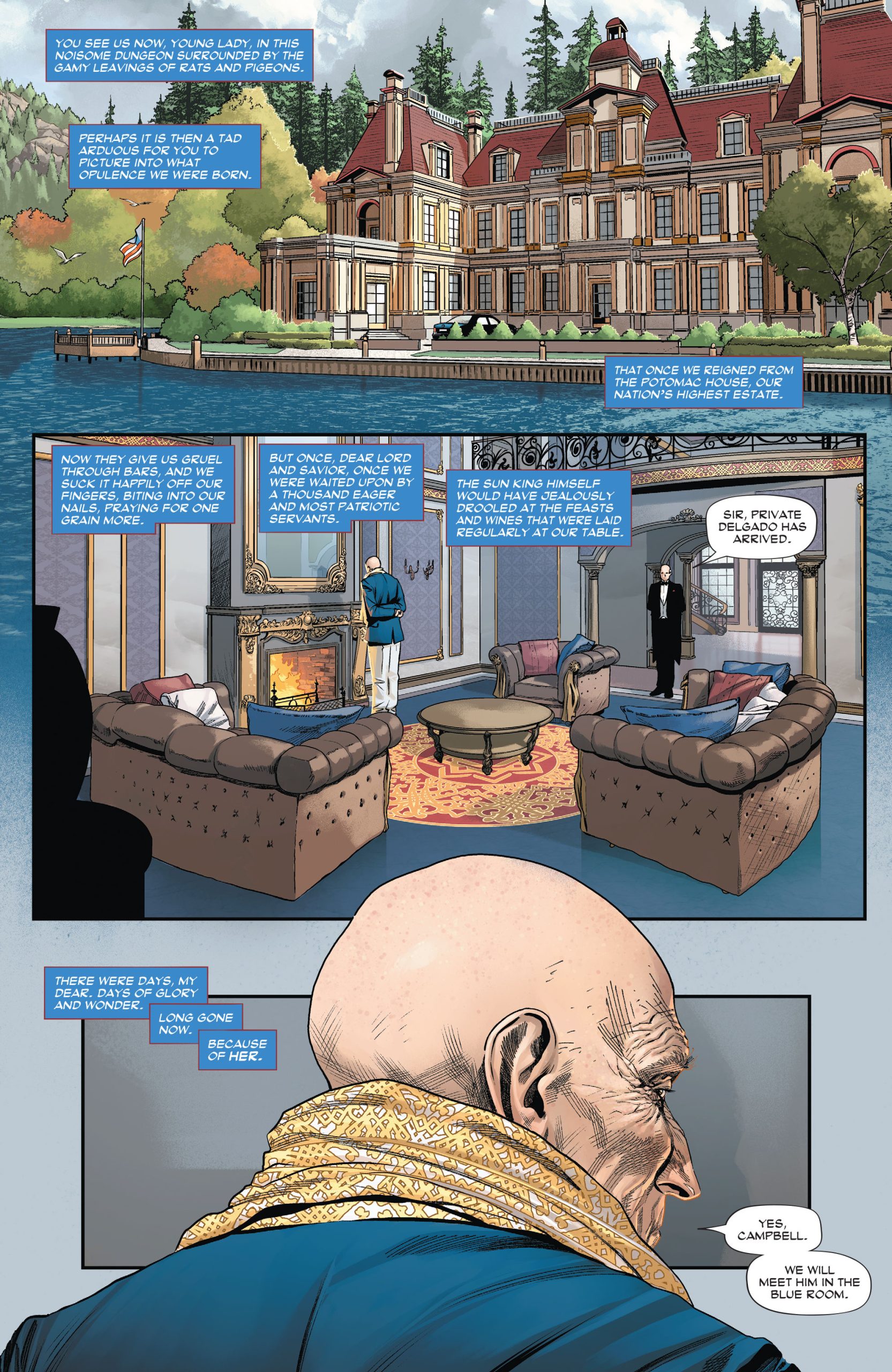
All of this continues to make Lizzie an unappealing character. If the reader is to infer a rape backstory for Lizzie’s conception then this type of back up tale has a darkness to it. Jon and Damian may not know all the details, but they are certainly old enough to know and understand how to approach the situation with sensitivity. Damian’s own conception is tinged with this, as well, unless that has been changed. For the record, I’m terrified with the prospect that the Sovereign is in fact Lizzie’s biological father and the rapist. Ugh. Gross, Tom King. I can see how a 13 year old would be intrigued and shocked at such content in a comic, but I feel like we should’ve moved beyond the sensationalism and salacious plot elements that plague comics like The Killing Joke. I hope I’m wrong, but I don’t think I am. King’s track record speaks for itself. If not an original character, this would definitely have a more fitting place in a Black Label Elseworlds series instead of the regular Wonder Woman title.
Verdict
Tom King continues to tear down the heroes of the DC Universe one character at a time. He’s clearly more interested in showing the terrible aspects of human nature and the world instead of the optimism and hope that heroes are designed to elicit. I don’t think King actually likes heroes or believes in heroes. Or, at the very least believes that anyone’s heroism can ever be separated from the totality of their nature. Humans aren’t perfect, but to constantly focus on how human frailty and weakness can be overwhelm the good things about people is not only depressing, but the exact opposite of what super-hero fiction is supposed to be. Alan Moore and Dave Gibbons showed us with Watchmen that there can be another side. King isn’t Alan Moore. Moore was able to depict subtlety, nuance and complexity whereas King is motivated by a desire to use his comics as therapy and he has to lay it all out so that he can get all of the guilt off his chest. The DC Universe truly does seem to be a dark and terrible place when depicted from the pen of Tom King.










